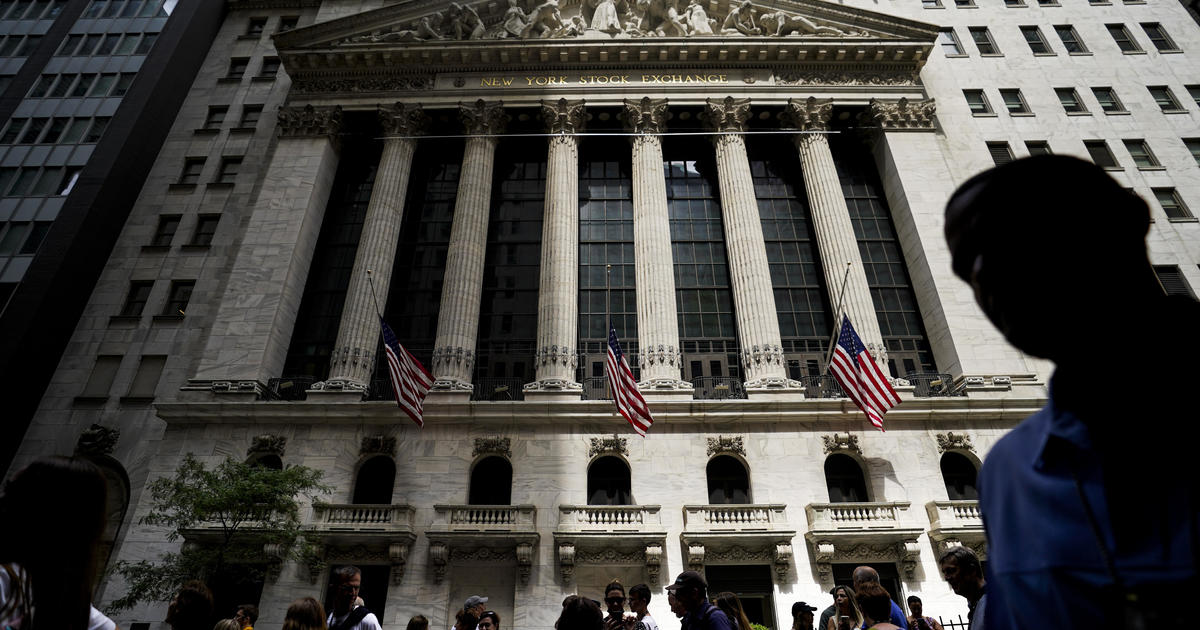US third quarter GDP estimate revised upwards on second reading
The second estimate for real gross domestic product (GDP) in the third quarter of 2023 showed that U.S. economic growth was more substantial than previously projected, partly driven by resilient consumer and residential investments, according to the Bureau of Economic Analysis (BEA).
Real GDP increased at an annual rate of 5.2% for the July-through-September period after rising 2.1% in the second quarter this year, according to the BEA's second estimate released Thursday.
The reading comes above the BEA's original GDP estimate for the third quarter, which showed the economy increased at a rate of 4.9%, primarily reflecting an increase in consumer spending, private inventory investment, exports, state and local government spending, federal government spending, residential fixed investment, and nonresidential fixed investment. And it beats economic forecasts at a moderately more robust pace than previously believed.
The continued economic growth quiets concerns that the Federal Reserve's restrictive monetary policy could push the U.S. economy into a recession this year. The Fed has raised interest rates 11 times since March of last year, pushing the federal funds rate to a 22-year high of 5.25% to 5.5% in a bid to slow the economy and lower soaring inflation.
"Today's revised GDP numbers reflect the fact that the economy hasn't completely slowed down yet," CoreLogic Chief Economist Dr. Selma Hepp said. "The Fed will be pleased GDP remains strong while it continues to get inflation under control. However, all eyes are on reports due tomorrow that show the expectation that jobless claims are rising while incomes and personal spending are dropping. This indicates that the economy is headed toward a so-called soft landing, which is a moderate slowdown in economic activity but not a full-blown recession."
If you're struggling in the current economy, you could consider paying off high-interest debt with a personal loan at a lower rate. You can visit Credible to get your personalized interest rate without affecting your credit score.
Consumer spending up
Consumer spending lifted the U.S. economy's growth, increasing by 3.6% in the third quarter, very near the most substantial quarterly advance since 2021, according to Jim Baird, Plante Moran Financial Advisors' chief investment officer.
The increase in consumer spending comes even as interest rates have surged due to the Fed rate policy. The Fed's recent pause on rate increases mitigates the likelihood of an additional uptick in credit card interest rates. However, interest rates on credit cards have reached historic highs, mainly in response to the Fed's aggressive rate hikes in 2022 and 2023. The average interest rate on a new credit card offer is up to 22.78% , according to WalletHub and the average consumer carries roughly $6,000 balance .
In the future, consumers are likely to have less access to credit as banks continue to tighten lending requirements, according to Baird.
"Bank lending standards have tightened – a new reality for both consumers and businesses looking to borrow," Baird said. "That's expected to create a further headwind to growth in the coming quarters, even as the monetary policy debate shifts to how soon and how much the Fed might cut policy rates as inflation subsides. With credit tougher to come by, business investment and consumer spending on higher-ticket items are expected to slow in the coming quarters."
If you're concerned about high-interest debt, you could consider paying it off with a personal loan at a lower interest rate, which could cut your monthly payments. Visit Credible to get your personalized rate in minutes.
Housing provides a surprising boost
Residential investment grew by 6.2%, breaking a streak of nine consecutive quarters of contraction in housing investment dating back to Q2 2021, Baird said.
"Housing is a small piece of the overall economy – accounting for about 3% of GDP – but one that can provide important clues about changes in consumer attitudes," Baird said. "Housing affordability has been hammered in recent years as building costs and existing home prices surged as mortgage interest rates soared, making any evidence of stability in the housing sector a positive."
Home prices across the nation continued to defy earlier expectations of a slowdown. Home prices rose by 0.3% in September and stand 3.9% above their year-ago level despite record-high mortgage rates, according to the latest S&P CoreLogic Case-Shiller Indices report .
Part of what is driving buyers is concern over where rates may head next. At the start of the year, buyers were more hopeful home prices would drop and were not expecting the increase in mortgage rates during the latter half of the year.
"Mortgage rates climbed through this period, and while higher rates generally hurt buyer demand, a renewed climb can encourage shoppers to lock in a rate before it moves higher," Realtor.com Sr. Economic Research Analyst Hannah Jones. "In fact, 46% of consumers in a September survey reported expecting mortgage rates to climb higher in the next 12 months."
Homebuyers can find the best mortgage rate by shopping around and comparing your options. You can visit an online marketplace like Credible to compare rates , choose your loan term, and get preapproved with multiple lenders at once.
Have a finance-related question, but don't know who to ask? Email The Credible Money Expert at













